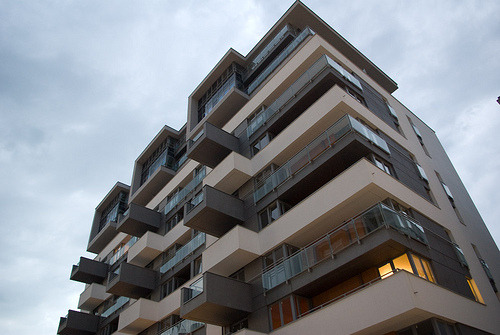
Know the lease and property they’re renting inside-out For agents with a number of properties on the go this may be difficult, but it really is worth it. Knowing the finest details will help to clear up any queries or issues much quicker than if you don’t know them. It will also show tenants that you are serious about their welfare (in relation to the property at least!) and will give them confidence that you will be able to help when needed.
Communicate with them regularly We’re not suggesting that you should become fully fledged friends with your happy tenants, but be sure to keep in contact with them. Answer their calls and messages promptly, and keep them updated as you solve problems. If you don’t, they may think nothing is being done. The tenant is not going to know that you’re waiting on a quote or approval from the landlord unless you tell them. Questions from tenants can build up very quickly so find a way of prioritising them.
Ensure consistency in each relationship
Get feedback This can be done either informally or formally throughout the tenancy or when it’s coming close to the end. Informally could be a quick phone call to check what they thought of the service and how to improve it. The formal route could include a more detailed questionnaire, but keep it straightforward and not too long. We know they take effort to complete, so if the budget allows it throw in an incentive of a cash prize or voucher to encourage tenants to fill it in.
Be nice!
Simple good manners go a long way. Be polite and approachable in your dealings with tenants. In times of frustration, try to keep a cool head because anger generally doesn’t solve anything, and is unprofessional. To take it up a notch, send them a card from the company on their birthday. Nothing extravagant is needed; a small card from the local newsagents will be enough to put a smile on their face. Again if the budget allows it, you could consider ordering company-specific standardised cards which may work out cheaper in the long run.

